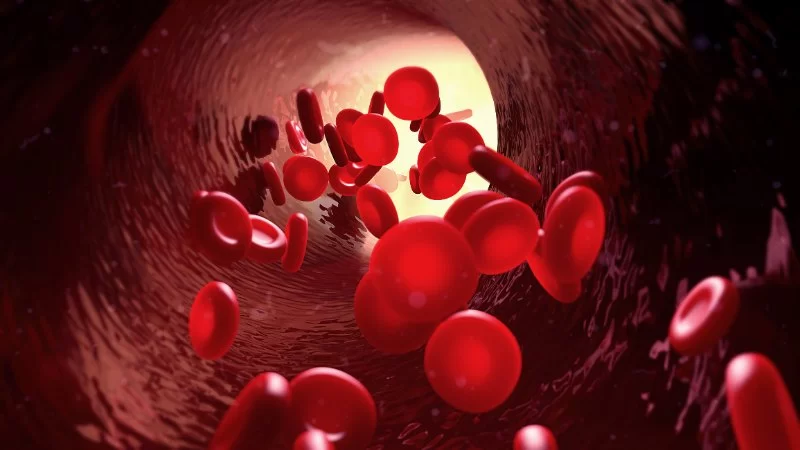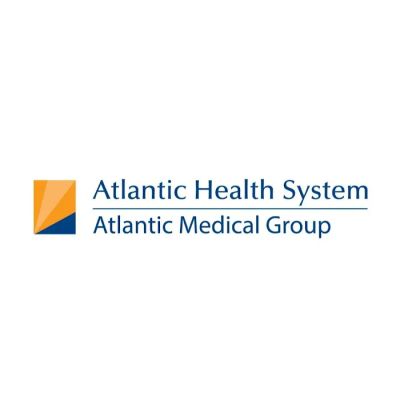- 1-Understanding-Vitamin-B12-and-Its-Functions
- 2-How-Vitamin-B12-Supports-Red-Blood-Cell-Production
- 3-Connection-Between-Vitamin-B12-and-Heart-Health
- 4-Signs-of-Vitamin-B12-Deficiency-and-Health-Risks
- 5-Dietary-Sources-and-Supplementation-Guidelines
- 6-Real-Life-Stories-of-Recovery-and-Awareness
- 7-How-HeartCare-Hub-Supports-Your-Nutritional-Health
1. Understanding Vitamin B12 and Its Functions
Vitamin B12, or cobalamin, is a water-soluble vitamin that plays a vital role in maintaining the health of your nerves, blood cells, and overall cardiovascular system. It’s essential for DNA synthesis and helps keep your body’s energy metabolism running smoothly. When people think about heart health, they often focus on cholesterol and exercise—but the role of Vitamin B12 in red blood cell and heart function is just as critical.
Without enough B12, the body can’t produce healthy red blood cells, leading to anemia and fatigue. Moreover, Vitamin B12 regulates homocysteine levels—a compound that, in excess, can increase the risk of heart disease and stroke.

2. How Vitamin B12 Supports Red Blood Cell Production
2.1 The red blood cell lifecycle
Red blood cells (RBCs) carry oxygen from your lungs to every cell in your body. To form these cells, your bone marrow requires adequate Vitamin B12, folate, and iron. Vitamin B12’s specific function is to assist in DNA replication—an essential process for producing mature, functional RBCs. When B12 is deficient, red blood cells become abnormally large and fragile, a condition known as megaloblastic anemia.
Atlanta Heart Specialists
atlanta heart specialists
4375 Johns Creek Pkwy #350, Suwanee, GA 30024, USA

2.2 Oxygen and energy balance
Healthy red blood cells ensure that oxygen delivery is efficient, supporting everything from cognitive clarity to athletic performance. That’s why individuals low in B12 often report feeling tired, lightheaded, or short of breath—their bodies are literally starved of oxygen at the cellular level.
2.3 A closer look at deficiency in practice
One case reported by a sports nutritionist involved a young endurance runner whose performance dropped dramatically despite training harder. Blood tests revealed severe B12 deficiency caused by a vegan diet without proper supplementation. Within weeks of treatment, her endurance and recovery improved—an example of how essential Vitamin B12 is for red blood cell health and vitality.
3. Connection Between Vitamin B12 and Heart Health
3.1 Homocysteine and cardiovascular risk
One of the most important connections between Vitamin B12 and heart health is its regulation of homocysteine—a natural amino acid produced during protein metabolism. Elevated homocysteine levels are linked to arterial inflammation, endothelial damage, and a higher likelihood of blood clots. Vitamin B12, along with folate and B6, converts homocysteine into harmless methionine, thereby reducing cardiovascular risk.
3.2 Circulation and blood viscosity
Vitamin B12 also influences blood viscosity. Adequate levels contribute to smoother circulation and improved oxygenation, reducing the strain on the heart. This process helps maintain healthy blood pressure and prevents the heart from overworking.
3.3 B12 and neurological-vascular balance
Low B12 can affect the autonomic nervous system, disrupting the delicate balance that regulates heart rate and vascular tone. Research has shown that restoring B12 levels in deficient individuals can improve heart rate variability—a marker of cardiovascular resilience.
4. Signs of Vitamin B12 Deficiency and Health Risks
4.1 Early warning signs
Common symptoms include fatigue, dizziness, numbness in hands or feet, and pale skin. Some individuals experience mood changes, memory issues, or even mild depression due to B12’s role in neurotransmitter synthesis. Because these signs develop gradually, many people remain undiagnosed for years.
4.2 Long-term consequences
Untreated deficiency can lead to permanent nerve damage, chronic anemia, and increased cardiovascular risk. In older adults, it may also mimic cognitive disorders such as dementia. Routine testing is crucial—especially for vegans, vegetarians, and individuals with digestive disorders like celiac disease or Crohn’s disease, which impair nutrient absorption.
5. Dietary Sources and Supplementation Guidelines
5.1 Natural food sources
Vitamin B12 is primarily found in animal-derived foods: fish, meat, poultry, eggs, and dairy. Fortified foods such as nutritional yeast and plant-based milks offer alternatives for vegetarians and vegans. Even so, absorption efficiency decreases with age, making supplementation more important for older adults.
5.2 Supplementation strategies
Oral supplements, sublingual tablets, and injections are effective methods for maintaining optimal levels. Those with absorption issues may benefit from methylcobalamin (the active form of B12) rather than cyanocobalamin. Always consult a healthcare provider before starting new supplements, as individual needs vary depending on diet, lifestyle, and existing health conditions.
5.3 Dosage guidance
The average recommended daily allowance for adults is about 2.4 micrograms, but higher therapeutic doses may be prescribed for deficiencies. Regular monitoring ensures safe and effective outcomes.
6. Real-Life Stories of Recovery and Awareness
Take the story of John, a 52-year-old office worker who struggled with persistent fatigue and chest tightness. After several inconclusive cardiology visits, his primary care physician tested his Vitamin B12 levels and discovered a severe deficiency. Within two months of supplementation, his energy returned, and his blood pressure normalized. Stories like John’s highlight how understanding the role of Vitamin B12 in red blood cell and heart function can change lives.
These real-life transformations show that addressing nutrient balance is as vital as exercise or medication in promoting long-term heart health.
7. How HeartCare Hub Supports Your Nutritional Health
At HeartCare Hub, our goal is to empower individuals with reliable, science-backed information and quality wellness products. Whether you’re exploring heart-healthy supplements, learning about B12 deficiency symptoms, or seeking expert advice, we help you make informed decisions for a stronger, healthier heart.
If you’re ready to take charge of your cardiovascular wellness, visit HeartCare Hub to discover professional resources, personalized supplement recommendations, and heart-friendly nutrition plans tailored to your lifestyle.






















Deborah Heart and Lung Center
deborah heart and lung center
200 Trenton Rd, Browns Mills, NJ 08015, USA